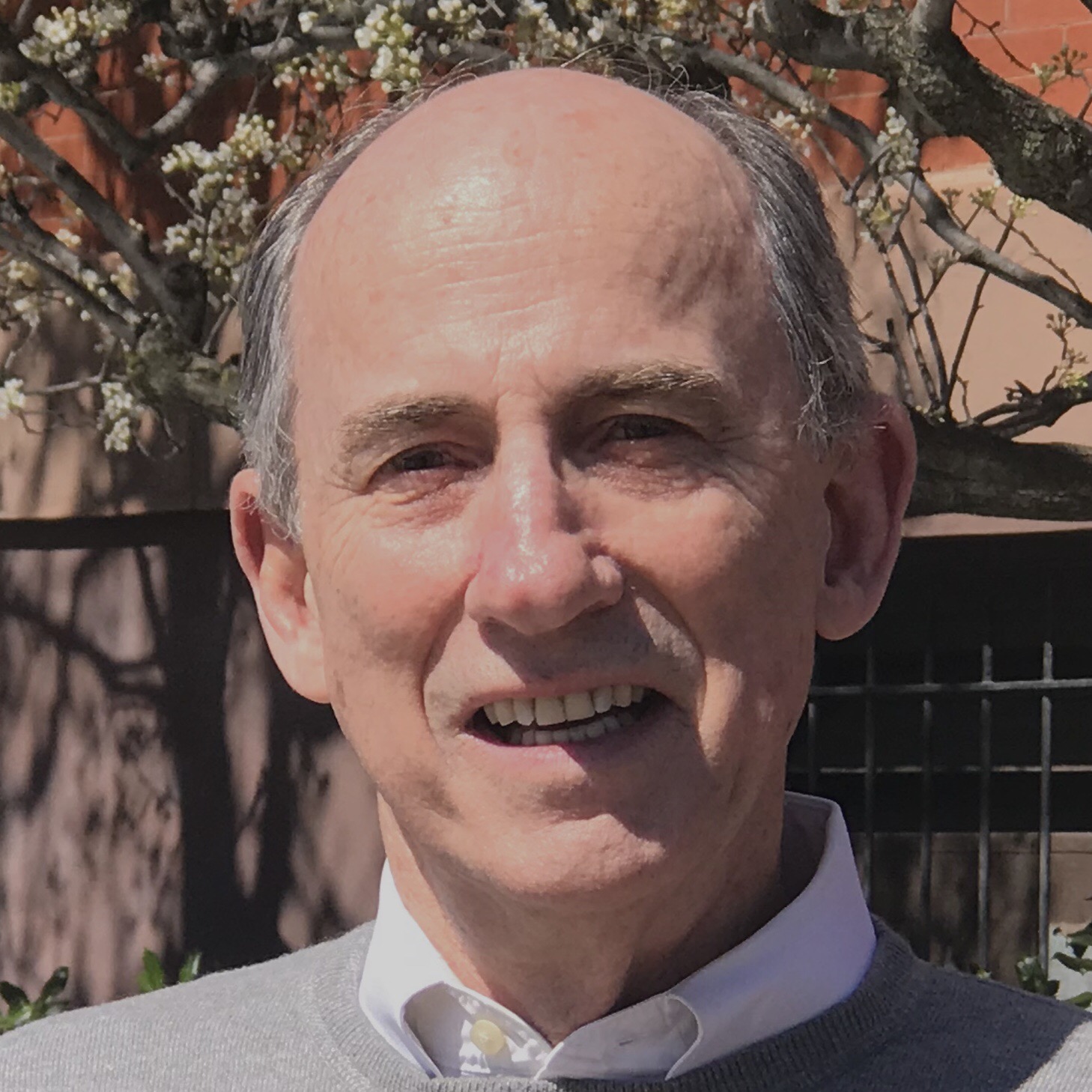Allen Guelzo Meets with the Study Forum
- John O’Brien

- Feb 19, 2024
- 2 min read
By John A. O'Brien
Denver, Colorado
Monday, February 19, 2024
Historian, author, and Princeton Professor Allen C. Guelzo was with the Lincoln Group Study Forum last Saturday. The Forum had just completed reading Abraham Lincoln: Redeemer President, and Professor Guelzo kindly agreed to discuss it with us. He freely offered answers to our questions and spoke to his interests in writing Lincoln’s “intellectual biography.”

We were amused to learn that when a publisher asked him to write a book about Lincoln’s religion, Guelzo refused. He later offered the publisher a counterproposal that he would include religion in a broader work that would portray Lincoln as “a man of ideas.” This concept came about after Guelzo found that some Lincoln speeches included whole passages that were “borrowed” from treatises by the British political economist, John Stuart Mill. From this, Guelzo deduced that Lincoln acquired his appreciation for the “consent of the governed” principle from Enlightenment philosopher John Locke. Lincoln remembered what he read and expanded on these great ideas as he developed his political philosophy.
Guelzo stated that if you wanted to appreciate the breadth of Lincoln’s philosophy, you needed only to read the October 16, 1854, “Address at Peoria.” In this speech, Lincoln gave the widest scope of his political concerns, which would become the basis for his future positions. Lincoln described why slavery was objectionable in that it held America up to international ridicule for the hypocrisy of our declaration of freedom for all.
The religion theme of the book was the most difficult because Lincoln “didn’t like to talk about it.” But judging by the exponentially growing number of references to God throughout his presidency, especially during and after 1862, Guelzo said that he clearly was expanding his faith perspective. The “Meditation on the Divine Will” was, in his opinion, likely written during 1862 because of its apparent logic toward a change in war aims for emancipation. Guelzo is awed by how the second inaugural “invites us into the halls of theology” with which to understand the war and what God required of the nation afterward.
Guelzo began his education in music composition but soon discovered he had no talent. Even though he has become a very successful historian, Guelzo still enjoys participating in music events, but as the narrator. He has worked with major symphony orchestras when they performed Aaron Copeland’s “Lincoln Portrait.” All agreed that he has the voice for it.
Professor Guelzo was effusive in his praise for the Lincoln Group of the District of Columbia. He complimented us for “all the marvelous things over the years to keep the beacon light of Lincoln burning for future generations.”




Comments